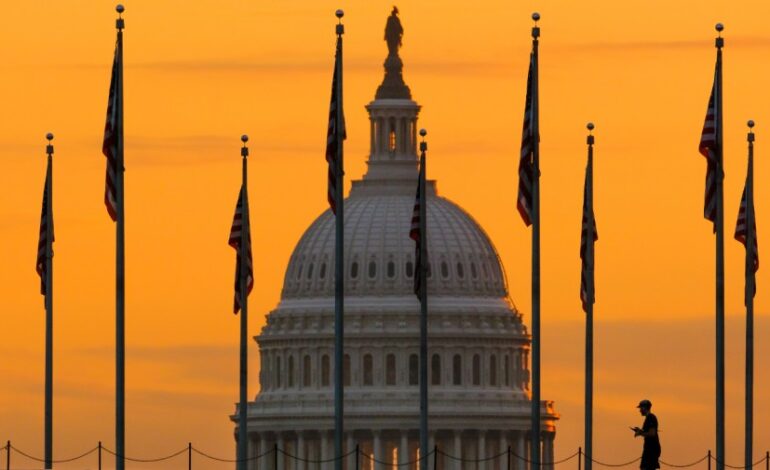Millionaire Dominance: Fundraising Shapes Congressional Landscape

The increasing wealth concentration among members of the U.S. Congress is reshaping the political landscape, minimizing opportunities for less affluent candidates. As fundraising becomes a primary responsibility for elected officials, this trend raises significant concerns about **democratic representation** and **voter access**.
Recent data reveals that a substantial portion of the current Congress comprises millionaires, with reports indicating that over **50%** of lawmakers have a net worth exceeding **$1 million**. This financial advantage often translates into greater access to campaign resources, further entrenching wealth’s influence in politics. The **2024 elections** are poised to reflect these dynamics as candidates navigate a system increasingly driven by fundraising demands.
Impact on Candidate Viability
The pressure to secure substantial donations can deter potential candidates from entering races. Many individuals who might have valuable perspectives and experiences feel discouraged by the daunting prospect of fundraising. For example, candidates without substantial personal wealth often struggle to compete against those who can self-fund or attract large donations from affluent donors.
This fundraising-centric environment also affects elected officials post-election. Once in office, many legislators spend considerable time on fundraising activities, diverting attention from their legislative responsibilities. According to data from the **Federal Election Commission (FEC)**, the average cost of a congressional campaign has surged in recent years, with House races averaging around **$1.4 million** and Senate races often exceeding **$10 million**.
Consequences for Democracy
The implications of this fundraising culture extend beyond individual candidates. As lawmakers prioritize funding efforts, they may become more responsive to the interests of wealthy donors rather than their constituents. This shift raises critical questions about who truly influences policy decisions and how representative the government is of the general populace.
Moreover, the focus on fundraising can lead to voter disillusionment. Many citizens may perceive elections as contests primarily of wealth rather than democratic choice, potentially diminishing voter turnout. Studies indicate that lower-income voters often feel alienated from the political process, further exacerbating the divide between wealthy lawmakers and their constituents.
Efforts to reform campaign finance laws have gained traction in recent years, with various proposals aimed at reducing the influence of money in politics. Advocates argue for measures such as **public financing** of campaigns and stricter limits on donations to enhance candidate diversity and improve democratic engagement.
As the **2024 elections** approach, the conversation around money in politics remains urgent. Balancing the need for campaign funding with the principles of equitable representation is essential for a functioning democracy. The ongoing dialogue among lawmakers, candidates, and voters will be crucial in determining the future of American political dynamics.






